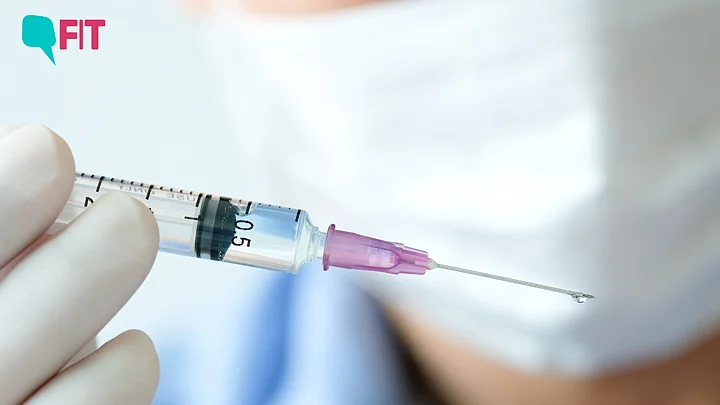The Indian Council of Medical Research (ICMR) has 'successfully completed' a seven-year follow-up study for injectable, reversible, safe, effective, and long-lasting male contraception.
The Reversible Inhibition of Sperm Under Guidance – RISUG – as the contraception is being called, has shown an efficacy of 99.02 percent in the prevention of pregnancies, showed the results in the follow up study which has been published in the open access journal of Andrology.
The big point: RISUG is a non-hormonal injection that can have long-lasting effects.
The overall efficacy of the drug is 97.3 percent to induce azoospermia - when there is no sperm in the ejaculate. And has a 99.02 percent efficacy in the prevention of pregnancies (which is higher than that of condoms).
“In the history of contraceptive development, RISUG presents the highest effectiveness compared to all other contraceptives both male and female as they were at the threshold of induction into a mass contraception program,” stated the study.
Why does it matter? With the increasing population, researchers have identified a need for the development of a modern method of male contraception that is minimally invasive and has long-term effectiveness.
Often, contraceptive methods such as vasectomy, UDIs, birth control pills, and many more are either invasive or tend to have an impact on hormones.
RISUG on the other hand, is injectable, non-hormonal, and reversible. All these parameters make it an ideal, non-invasive solution and thus has the potential to become a widely used method of contraception.
“RISUG has the potential to become a mass-use injectable and reversible male contraceptive method,” stated the study.
After the completion of the phase three trial of the drug, it has also been declared safe for use by ICMR.
The testing for any possible health repercussions was done on both the male participants of the study as well as their sexual partners.
There were no adverse effects on health noted among the participants of the study.
What was done? The phase three trial was a non-randomised, non-labelled trial.
This was done with 303 healthy male adults between the ages of 25 and 40 and their wives, who were selected from family clinics and urology centers.
The male participants were injected with 60mg of the drug, and the results were administered in follow-up sessions over a period of 7 years.
(At The Quint, we question everything. Play an active role in shaping our journalism by becoming a member today.)
